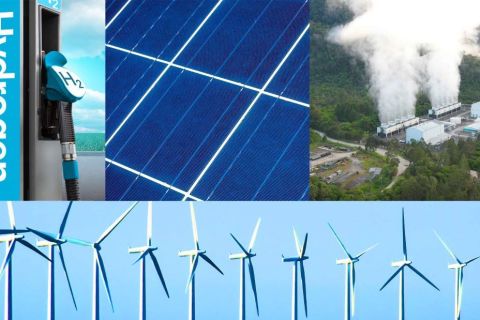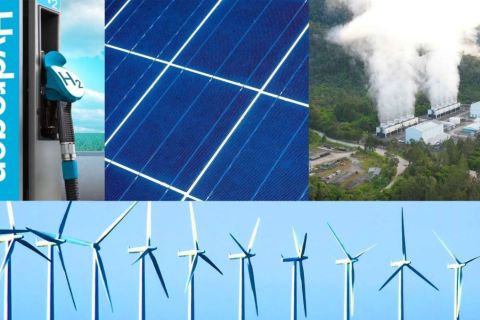A repaired gas turbine will be installed in the Nord Stream 1 pipeline from Russia to Germany once it is returned after maintenance, and natural gas will then be supplied in “corresponding volumes,” a Kremlin spokesman said on July 25.
Spokesman Dmitry Peskov stopped short of saying supply would increase, noting that further equipment needed to be repaired.
But he sounded a relatively upbeat note after weeks of uncertainty over the turbine repair in Canada, and a 10-day shutdown of Nord Stream 1 for annual maintenance, had sown doubt in Europe over whether Russia might shut the pipeline altogether.
“The turbine will be installed after all the formalities are complete... And the gas will be pumped in the corresponding volumes, the volumes which are technologically possible,” Peskov told reporters.
He was commenting on a report by Kommersant newspaper that Siemens Energy, which had serviced the turbine in Canada, had handed over Canadian documentation to Gazprom which would allow its return.
The Kremlin has denied accusations by European politicians that it is using its energy leverage to “blackmail” the EU, which together with the U.S. and other Western nations has imposed waves of sanctions on Moscow since it sent its army into Ukraine on Feb. 24.
Gazprom resumed supplies via Nord Stream 1 last week after the 10-day maintenance break, but only at 40% of the pipeline's capacity.
Russia has said it was forced to lower the volume of gas to that level in June because Western sanctions were delaying the return of the turbine from Canada.
European politicians have challenged that explanation, with Germany saying the turbine in question was not meant to be used until September.
Peskov said that there was more Nord Stream 1 equipment that needed repairing and Siemens Energy was aware of that.
He also said that Moscow was not interested in a complete stoppage of Russian gas supplies to Europe, which is in a rush to fill its underground storage with gas before the winter season.
Peskov said Gazprom was not to blame for the storage risks, reiterating Moscow’s line that Europeans are suffering the consequences of sanctions that they themselves imposed against Russia.
Recommended Reading
Energy Transition in Motion (Week of Jan. 26, 2024)
2024-01-26 - Here is a look at some of this week’s renewable energy news, including NextEra Energy’s growing renewable energy backlog.
Energy Transition in Motion (Week of Feb. 23, 2024)
2024-02-23 - Here is a look at some of this week’s renewable energy news, including approval of the construction and operations plan for Empire Wind offshore New York.
Energy Transition in Motion (Week of Feb. 2, 2024)
2024-02-02 - Here is a look at some of this week’s renewable energy news, including a utility’s plans to add 3.6 gigawatts of new solar and wind facilities by 2030.
Energy Transition in Motion (Week of Feb. 9, 2024)
2024-02-09 - Here is a look at some of this week’s renewable energy news, including the latest on a direct lithium extraction technology test involving one of the world’s biggest lithium producers and the company behind the technology.
Could Concentrated Solar Power Be an Energy Storage Gamechanger?
2024-03-27 - Vast Energy CEO Craig Wood shares insight on concentrated solar power and its role in energy storage and green fuels.




